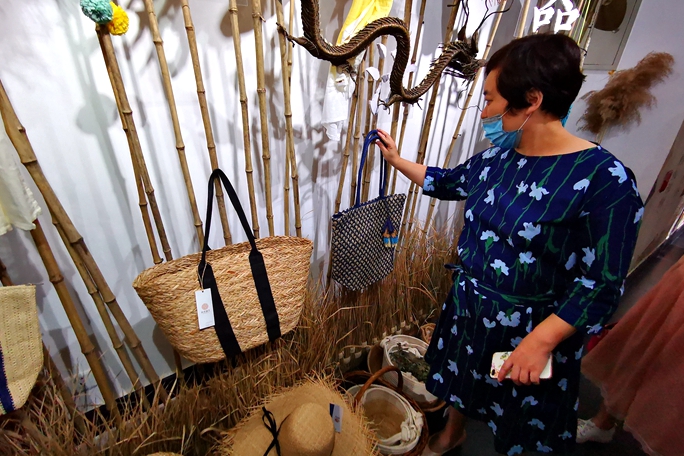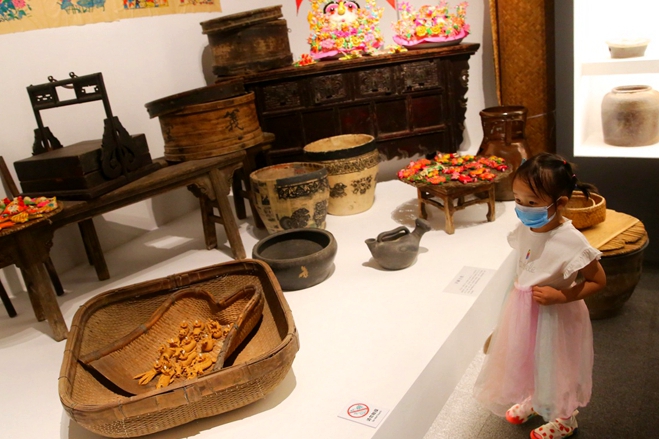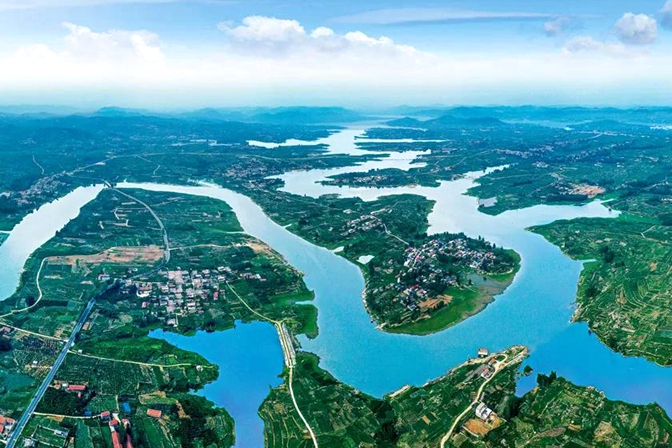Confucian legacy
China's cultural heritage experts say more needs to be done to protect the sites linked to the ancient scholar, Wang Kaihao reports.
There is a need to better protect Confucius' legacy, according to the latest report on the topic released by the State Administration of Cultural Heritage.
The report is based on a survey of 546 major Confucian sites on the mainland.
Most such sites are academies or temples that honor Confucius and other ancient Chinese scholars but also include old residences of Confucian philosophers throughout history.
|
The Confucius Temple in Beijing hosts a ceremony to celebrate the birthday of the ancient philosopher. Cao Boyuan / For China Daily |
|
A ritual is staged at the Confucius Temple in Nanjing, Jiangsu province. Liu Jianhua / For China Daily |
|
Children read classics by Confucius as part of an event at the Confucius Temple in Beijing. Wang Zhuangfei / China Daily |
Shanxi, Henan and Sichuan are the three provinces with the most Confucian temples on the list, with over 30 each.
Hunan has 23 academies, more than any other province. It's home to Yuelu, probably China's best-known academy, which dates to the 10th century.
The new report was mainly drafted by the municipal cultural heritage bureau of Shandong province's Qufu, Confucius' hometown.
The eastern city's Temple and Cemetery of Confucius and the Kong Family Mansion are on the UNESCO World Heritage list.
The temple in Qufu is the oldest and the largest of its type.
"China's ancient dynasties paid homage to Confucius to maintain social harmony," says Zhou Hongyu, a professor at the Central China Normal University in Wuhan, capital of Hubei province.
"Many literary greats are also worshipped in Confucian temples to widen the understanding of Confucianism. These temples are the pantheons of Chinese culture."
Confucian scholars played a pivotal role in China's education system in ancient times and helped spread Confucianism to Vietnam, Japan and the Korean Peninsula, among other places.
Zhou says further comparative study between China's Confucian sites and their counterparts abroad is also necessary.
While the new report praises the progress made in recent years to increase public awareness on Confucius' philosophy and preserving traditional culture, more needs to be done to restore the sites.
"The Confucian temples in different places have developed diverse characteristics," says Chen Wei, a professor from Southeast University in Nanjing, capital of Jiangsu province.
She adds that the lack of in-depth research has led to many such structures looking similar after renovation.
She cites the example of the Confucian temples in Nanjing and Suzhou.

While the design of the temple in Nanjing - the biggest examination hall in ancient China - revealed the city's prominence in port trade, the temple in Suzhou bears influences of garden design, which the city is known for.
"The two places have various cultural meanings, which are also reflected by the architecture," she says.
"However, the temple in Nanjing features a Suzhou-style architecture after renovation."
The report also points out that half of the Confucian temples are located in old towns, which are facing huge pressure amid the renovation of traditional neighborhoods.
"The Confucian temples are centers of many old Chinese towns," says Tang Yuyang, a professor at Beijing University of Civil Engineering and Architecture.
"Nevertheless, when renovating these temples, their adjacent historical landscapes are easily neglected."
She says that many structures near such temples are demolished, creating challenges for the survival of such sites.
The report says about 30 percent of Confucian sites are still not open to the public and some of them are not even known to the local people.
"When talking about better use of the sites, many will think of tourism first," she says.
"Tourism helps with the revival of the sites, but they are still places with a solemn atmosphere. People come to worship, not to have fun."
Scholars also fear that entertainment might take over the revival of such sites.
"Coming-of-age ceremonies and many other traditional rituals, for instance, are mushrooming among Confucian temples," says Zheng Yan, a professor at the Central Academy of Fine Arts.
"However, when practicing the ceremonies in a superficial way, even like performances, it is better to keep the appropriate yardsticks."
According to Yang Chaoming, head of the Confucius Research Institute of China, which is located in Qufu,more efforts are needed to explore in-depth cultural meanings of these rituals and avoid letting them become a commercial platform.
"As such places educate the youth, the temples should be open for free if conditions allow," he says.
Song Xinchao, deputy director of the State Administration of Cultural Heritage, says: "The best protection for the sites is to use them in the right way. Restoration of such sites is not only a construction project but academic research as well."
Song says the country should look to enlist more such sites on the World Heritage list.
Contact the writer at wangkaihao@chinadaily.com.cn
(China Daily 05/02/2017 page20)

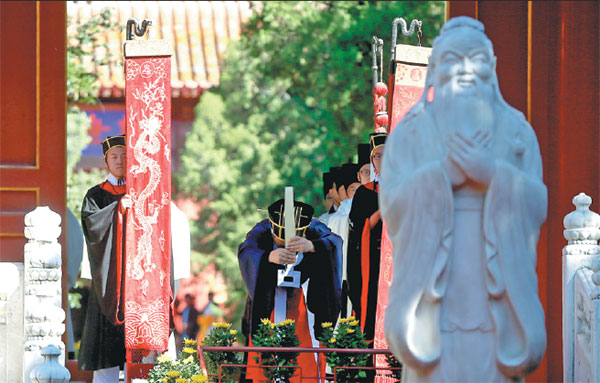
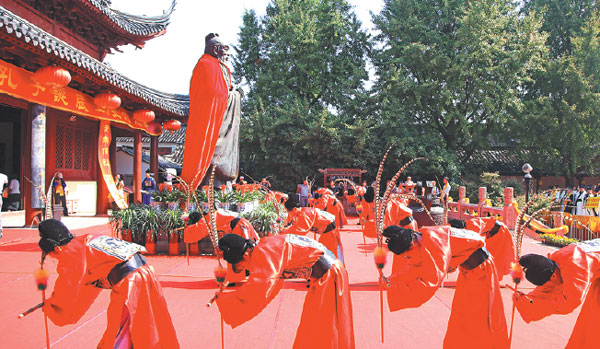
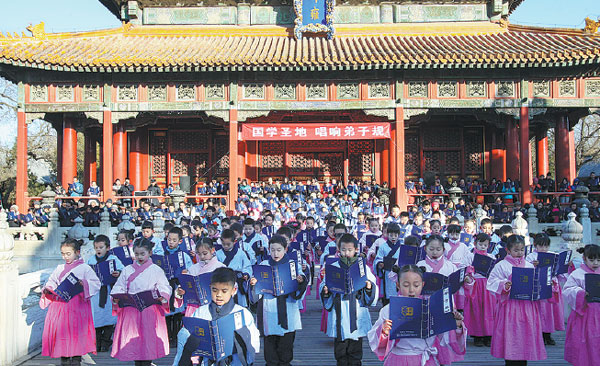
 Shandong Culture and Tourism Consumption Season
Shandong Culture and Tourism Consumption Season Culture, tourism sectors pick up in Shandong as epidemic wanes
Culture, tourism sectors pick up in Shandong as epidemic wanes